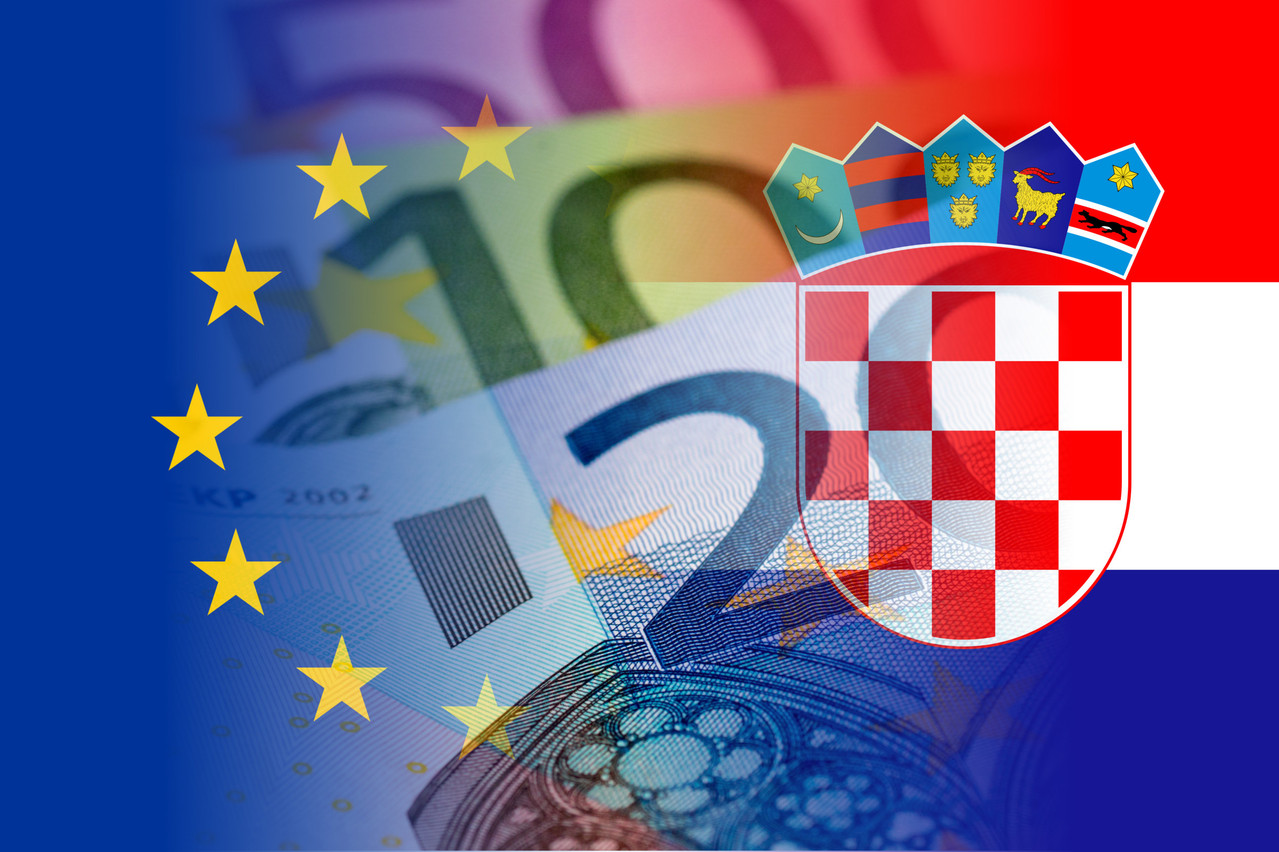To adopt the bloc’s single currency a country must have a 12-month average inflation rate below that of the three best EU performers. Croatia was compared against Finland, France and Greece. Having a long-term interest rate below the same best performers was another important criterion. In June ahead of giving its approval the European Central Bank cited concerns about the country’s inflation rate convergence remaining sustainable.
Croatia’s choice to adopt the euro comes at a difficult time with inflation growing in Europe. The country’s finance minister Zdravko Marić, however, was optimistic of the euro’s positive effects on the economy.
“At the end of the day, we believe that euro benefits are much bigger than the costs, much longer term than the costs,” he told Politico adding that the euro’s positive effects are more noticeable in times of crisis.
When Croatia adopts the euro it will also become a full member of the European Central Bank’s Governing Council. It will be seated as an observer from September.
The country of just over 4 million inhabitants will officially abandon the Croatian kuna for the euro in 2023. The exchange rate is 7.5345 kuna for one euro. Seven years ago, Lithuania was the last country to adopt the single currency. This year marked the 20th anniversary of the first euro bank notes and coins being issued.
